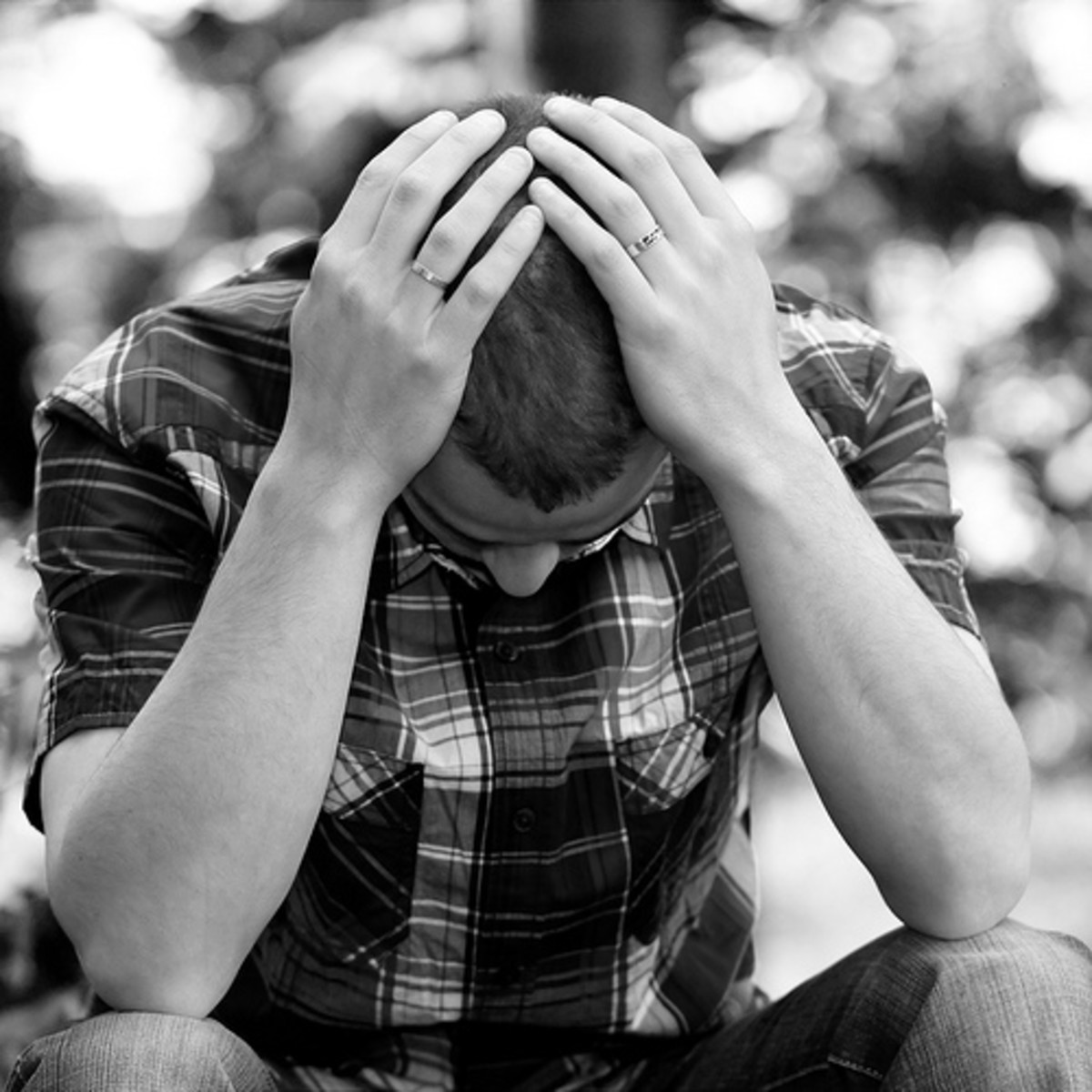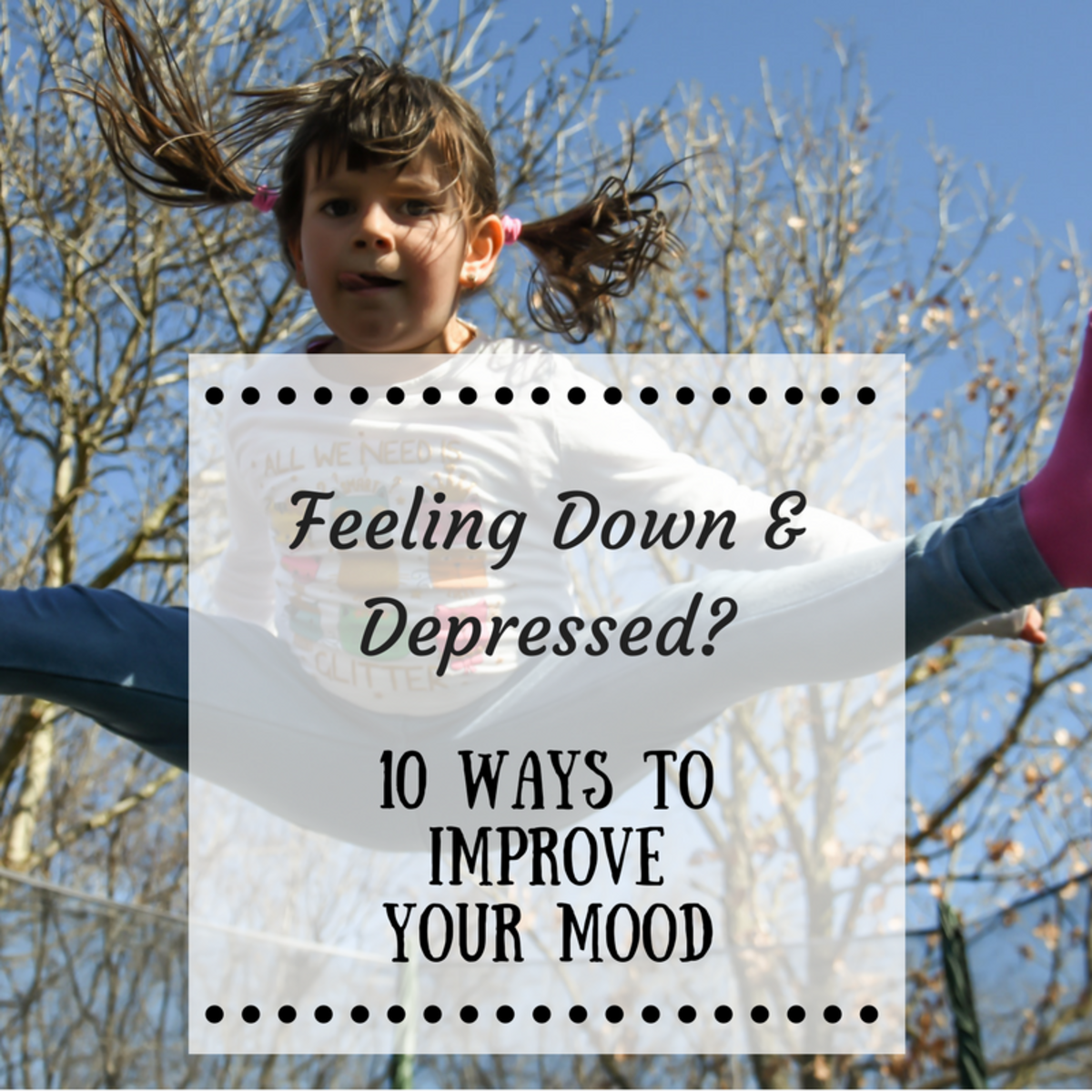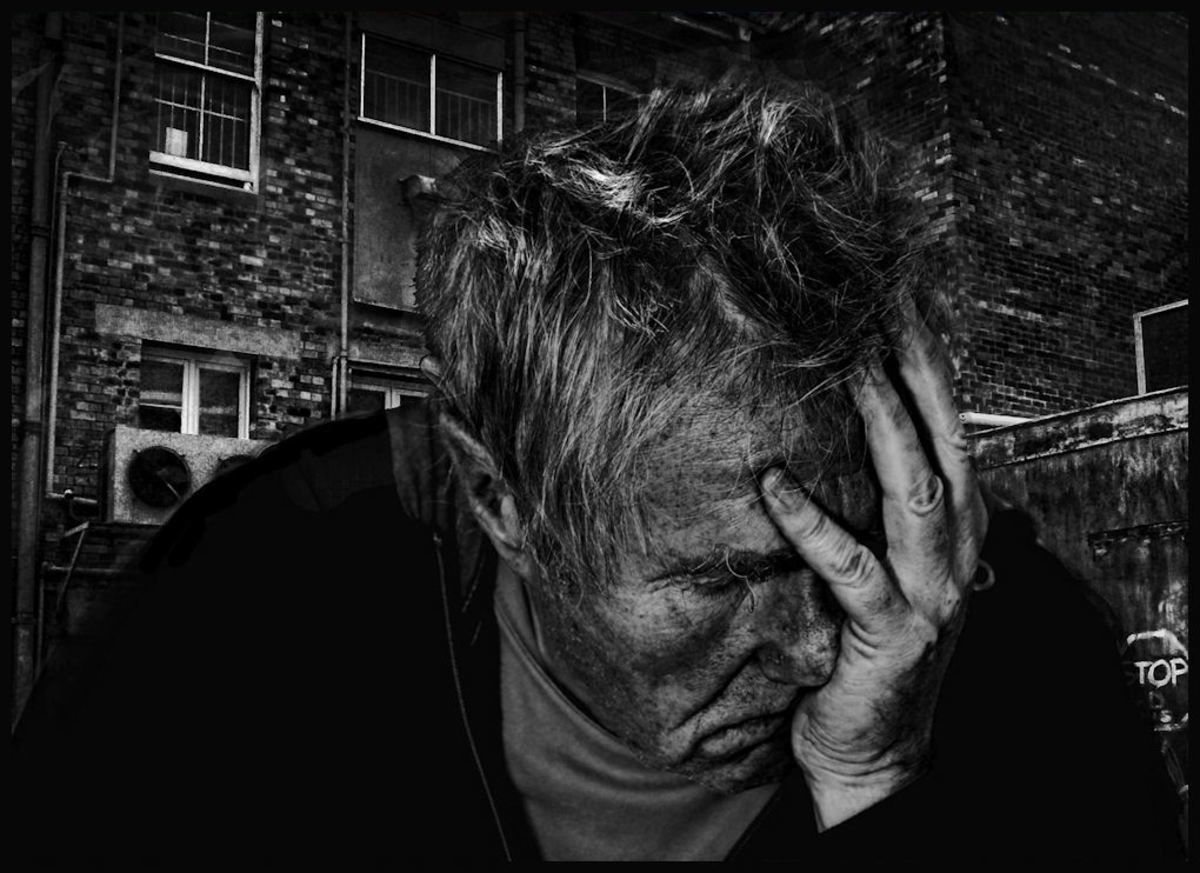Tricks for Depression
Tricks for depression
Let's jump right into it; you're depressed and have no patience to read useless bantering.
1. Stay up all night; go to sleep at 5 pm, get up at 1 or two. Stay up again, go to bed at 6pm, get up around 2, and so on, until you are at a sleep schedule that works for you.
You will need about a few days where your time is yours. This method is called sleep phase advance. Researchers noticed that if you keep a depressed person up all night, by the time the next day rolls around, they are no longer depressed. However, when they get recovery sleep, they wake up depressed or even more depressed than before.
Studies have shown that when you stay up all night, during the subsequent day, your mind tries to keep you awake by pumping out catecholamines, including plenty of dopamine. Dopamine is pure dope. It makes you feel good. This is possibly how this works. Not only do you have drowsiness decreasing anxiety levels and pain sensitivity, you also have plenty of dopamine. Antidepressants and anti-anxiety medication works the same way, as does alcohol and other drugs. For more information on this technique, search google, google/scholar or pubmed keyword: sleep phase advance.
Who should not try this method? This method will flip a bipolar into a manic phase which can be dangerous. Those suffering from heart disease, diabetes, or insulin resistance need to make sure their blood pressure and blood sugar is normal before trying this method. Catecholamine cascade will cause a heart attack and raise blood sugar.
2. Restrict your diet. If you consume more than 2500 calories a day for the average person, this is contributing to your depression by decreasing dopamine sensitivity and increasing inflammation.
Choose a favorite diet and stick to it. Almost any diet involves caloric restriction and this alone will give you most of the benefits you need to lessen a depressive state. To kick start your progress, go to the grocery store and buy nothing but fruit, vegetables, and lean meats. Eat mostly leafy greens, then lean meat, and then fruit. Week one may be a bit difficult, but after that, things will become much easier. You will experience improved mood and less chronic pain. When your body has adapted to the initial phase of the diet with increased energy and less pain, allow yourself to add some restricted foods without going over 2500 calories. Notice the effects foods have on your moods, record them, and use them to your advantage.
Who should not try this? Dietary restriction has been used for centuries and has rarely been associated with anything but beneficial results. As such, there are innumerous methods of dietary restriction available from the religious to the purely practical. Those with diabetes and heart disease should let their physicians know of any dietary plan before starting. Also, those with a history of eating disorders should consult a mental health professional before changing eating habits. Sustained restriction of below 1000 calories is not recommended for the average person.
3. Get some sun. Light skinned people need to be out in the sun for about 15 minutes a day and dark skinned persons, nearly one hour for sufficient vitamin D synthesis. If this is not possible or practical, try bright light therapy.
Bright light therapy has been shown time and time again to help elevate mood. However, the best bright light therapy is sunlight, provided you live in an area that receives sufficient sunlight. Those unable to be out in the sun for sufficient time or cannot purchase or fabricate a light box for bright light therapy should try a vitamin D supplement as this may allow them to have some of the same benefits. But wherever possible, don't let them sale you sunlight or vitamin D. Both are free of charge.
4. Relaxing activity. I would say 'exercise' but exercise, like everything in America, has been blown way out of proportion. If you consume a sensible diet, you should not submit your body to chronic stress in the form of sustained intense physical activity for an hour or more each day. Marathon runners and bodybuilders, though much healthier than the couch potato, regularly submit themselves to stressors the body does not handle as well as light, relaxing activity. Marathon runners and bodybuilders often have lower immune response after intense activity and hence the post marathon flu. Not to mention the chronic stress and increased cell turnover will accelerate aging compared to someone who consumes a sensible diet and does regular light activity. However, this is a better bargain than being a couch potato which will cause a much earlier and more painful demise than either of the exercise lifestyle choices.
Activity of an hour or more daily should be relatively light. A relaxing walk or yoga.
5. Get a massage. A massage from a loved one is best. It will create a cascade of natural opioids and oxytocin in the brain. It wil increase social connectedness. Where this is not possible, invest in a good 'human touch' massage chair. This will cost you, but for some, the relief is well worth the cost.
These are 'tricks' for depression, not to be confused with treatment for depression. Finding good treatment is another topic that will be explored in subsequent posts.
Leave a comment, tell me your tricks!








